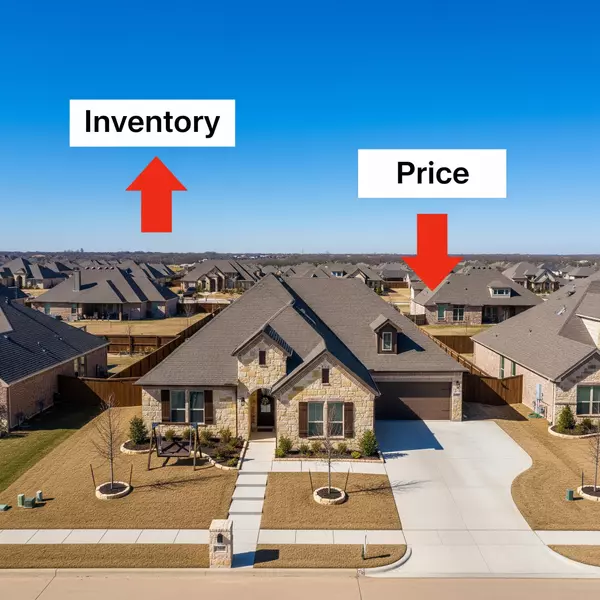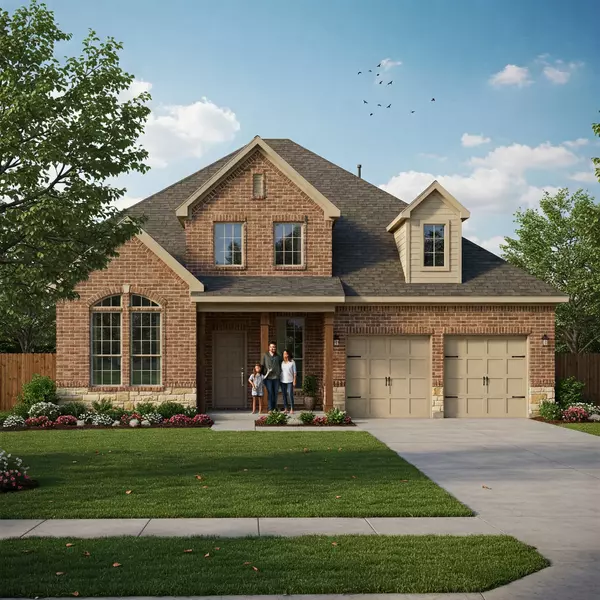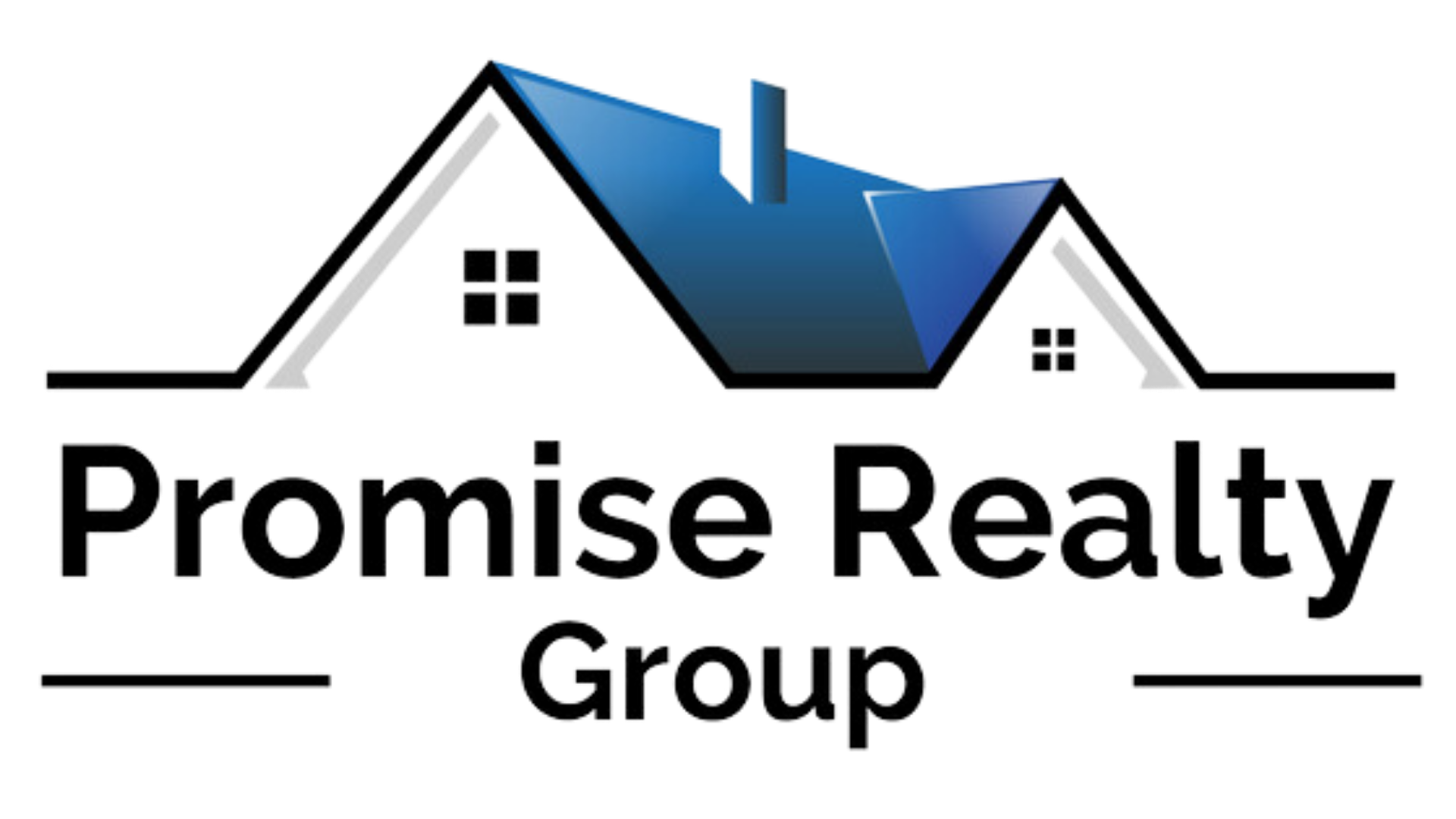Unraveling Real Estate Covenants and Restrictions in Texas: What Homebuyers Need to Know

Real estate covenants and restrictions play a significant role in shaping communities and neighborhoods across Texas. These legal agreements, often established by developers or homeowners' associations (HOAs), govern how properties can be used, maintained, and altered, with the aim of preserving property values and maintaining a desirable living environment. In this comprehensive guide, we'll delve into the intricacies of real estate covenants and restrictions in Texas, including their purpose, types, enforcement, and implications for homebuyers.
Understanding Real Estate Covenants and Restrictions:
Real estate covenants and restrictions, also known as deed restrictions or CC&Rs (covenants, conditions, and restrictions), are legal agreements that govern the use, appearance, and maintenance of properties within a specific area or community. These agreements are typically established by developers or property owners and are recorded in the property's deed or governing documents. The goal of covenants and restrictions is to maintain property values, preserve neighborhood aesthetics, and protect the interests of homeowners.
Types of Real Estate Covenants and Restrictions:
-
Use Restrictions: Use restrictions dictate how properties within a community can be used and what activities are permitted or prohibited. Common examples include restrictions on commercial activities, home-based businesses, short-term rentals (e.g., Airbnb), and certain types of pets.
-
Architectural Guidelines: Architectural guidelines govern the design, construction, and appearance of buildings and structures within a community. These guidelines may specify requirements for building materials, exterior finishes, roof styles, landscaping, fences, and other aesthetic elements to ensure consistency and harmony within the neighborhood.
-
Maintenance Obligations: Maintenance obligations outline the responsibilities of property owners for the upkeep and maintenance of their properties. This may include requirements for lawn care, landscaping, exterior maintenance, repairs, and cleanliness to ensure that properties are well-maintained and visually appealing.
-
HOA Dues and Assessments: Many communities governed by real estate covenants and restrictions are also subject to homeowners' associations (HOAs), which collect dues and assessments from property owners to fund common area maintenance, amenities, and services. These dues and assessments are typically outlined in the governing documents and may be subject to periodic increases or special assessments for capital improvements or unexpected expenses.
Enforcement of Real Estate Covenants and Restrictions:
Real estate covenants and restrictions are legally binding agreements that are enforceable through legal action, typically initiated by the HOA or a property owner within the community. Enforcement mechanisms may include warnings, fines, liens, and injunctive relief to compel compliance with the terms of the covenants and restrictions. In some cases, violations of covenants and restrictions may result in legal disputes, litigation, or even foreclosure proceedings against the non-compliant property owner.
Implications for Homebuyers:
For homebuyers considering purchasing a property in a community governed by real estate covenants and restrictions, it's essential to carefully review and understand the terms of the governing documents before making a decision. Here are some key considerations for homebuyers:
-
Review Governing Documents: Request a copy of the community's governing documents, including the declaration of covenants, conditions, and restrictions (CC&Rs), bylaws, architectural guidelines, and any amendments or supplements. Review these documents carefully to understand the rights, obligations, and restrictions that will apply to your property.
-
Assess Compatibility: Evaluate the compatibility of the covenants and restrictions with your lifestyle, preferences, and future plans. Consider whether the use restrictions, architectural guidelines, and maintenance obligations align with your needs and expectations for the property.
-
Consider HOA Involvement: Determine whether the community is governed by an HOA and understand the role and responsibilities of the HOA in enforcing the covenants and restrictions. Consider the impact of HOA dues, assessments, rules, and governance structure on your budget and lifestyle.
-
Consult with Professionals: Seek guidance from real estate professionals, attorneys, and other experts familiar with real estate covenants and restrictions in Texas. They can provide valuable insights, advice, and assistance in navigating the complexities of these legal agreements and ensuring that you make an informed decision.
Conclusion:
Real estate covenants and restrictions play a vital role in shaping communities and neighborhoods throughout Texas, governing how properties can be used, maintained, and altered. These legal agreements are designed to preserve property values, maintain neighborhood aesthetics, and protect the interests of homeowners. For homebuyers considering purchasing a property in a community governed by covenants and restrictions, it's essential to carefully review and understand the terms of the governing documents before making a decision. By assessing compatibility, understanding HOA involvement, and seeking guidance from professionals, homebuyers can navigate the complexities of real estate covenants and restrictions with confidence and ensure a smooth transition into their new home.
Our team will help you obtain these restrictions and help you throughout the buying process -- call us today!
Categories
Recent Posts










